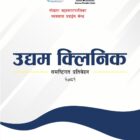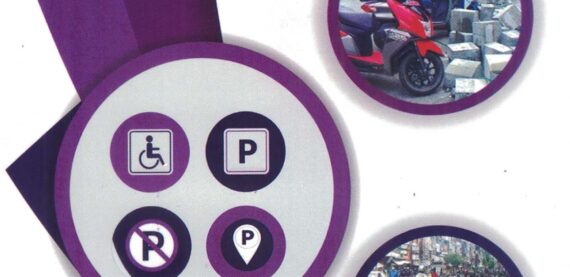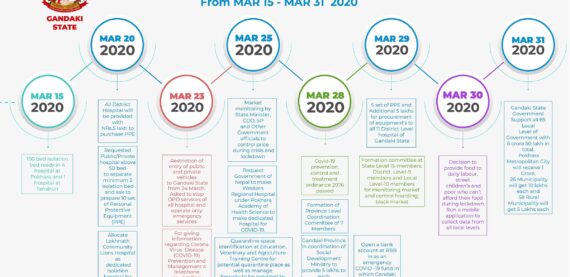Effective licensing procedures are essential for promoting tourism and helping the expansion of enterprises that cater to tourists. The Tourism Development Act 2020 of Pokhara Metropolitan City (PMC)’s Article 10, Subarticle 1 has, however, shown a clause about needless delays and frustrations experienced by both tourists and tourism businesses.
The Metropolitan Tourism Promotion Committee is designated as the body in charge of issuing municipal permits to firms and businesses engaged in the tourism industry in Article 10, Subarticle 1 of the act. A new challenge appears as candidates submit their applications to ward offices and other local organizations in accordance with the rules for business registration. The clause states that acceptance requires letters of support from the Metropolitan Tourism Development Committee. This extra criterion has grown to be a substantial bone of contention, leading to lengthy delays and aggravation for candidates.
The burden of acquiring recommendation letters is a challenge for citizens and business owners who want to start or grow their tourism-related enterprises. The procedure takes a lot of time and adds an extra layer of bureaucracy, which causes unneeded delays in the licensing process. The potential growth of tourism in the area has been hampered by this administrative barrier, which has caused annoyance and irritation.
The burdensomeness of the existing licensing procedure has significant repercussions for the tourism industry. Businesses must wait a long time to get the required permits because they frequently have tight deadlines. These delays not only make it difficult for them to run efficiently, but they also make it difficult for them to plan and make wise investments. The absence of timely licenses can turn away potential investors, limit innovation, and obstruct the tourism industry’s overall growth.
It is critical to reexamine whether the requirement for recommendation letters is still necessary in order to ease the onerous licensing process and streamline operations. Although it may have been the goal of this provision to provide quality control and appropriate applicant vetting, the way it is currently being applied has produced more problems than advantages. The industry’s expansion depends on finding a balance between the necessity for control and the objective of promoting tourism development.
Examining the Requirement: The Metropolitan Tourism Development Committee needs to judge the necessity and efficacy of the recommendation letter requirement. It can assist in shortening unnecessary delays by assessing its effect on the licensing procedure and taking into account different ways to guarantee quality control.
The Metropolitan Tourism Development Committee, ward offices, and applicants can better communicate with one another, which will increase the effectiveness of the licensing procedure. Regular updates, streamlined processes, and crystal-clear instructions help reduce uncertainty and speed up decision-making.
The procedure can be made faster while still keeping the necessary oversight by simplifying the documentation requirements. It could be necessary to review the types of documents that are needed, standardize the forms, and make use of technology for digital submissions.
Unnecessary bureaucracy can be reduced by giving the ward offices in charge of processing applications more authority and decision-making capacity. It may be less necessary to rely on extra committees if local offices are given the authority to examine applications in accordance with predetermined standards.
The ability of the Metropolitan Tourism Promotion Committee to authorize tourism-related firms has unintentionally resulted in a cumbersome licensing procedure. The licensing procedure can be made better by reexamining the necessity of reference letters, strengthening communication channels, streamlining documentation, and empowering ward offices. To ensure that people and business owners can easily traverse the licensing procedure and contribute to the thriving tourism industry, it is critical to strike a balance between regulatory control and supporting the sector’s expansion.

An undergraduate Social Science student at Tribhuvan University, passionate about advocating for policy change, conducting research, and leading outreach initiatives.







